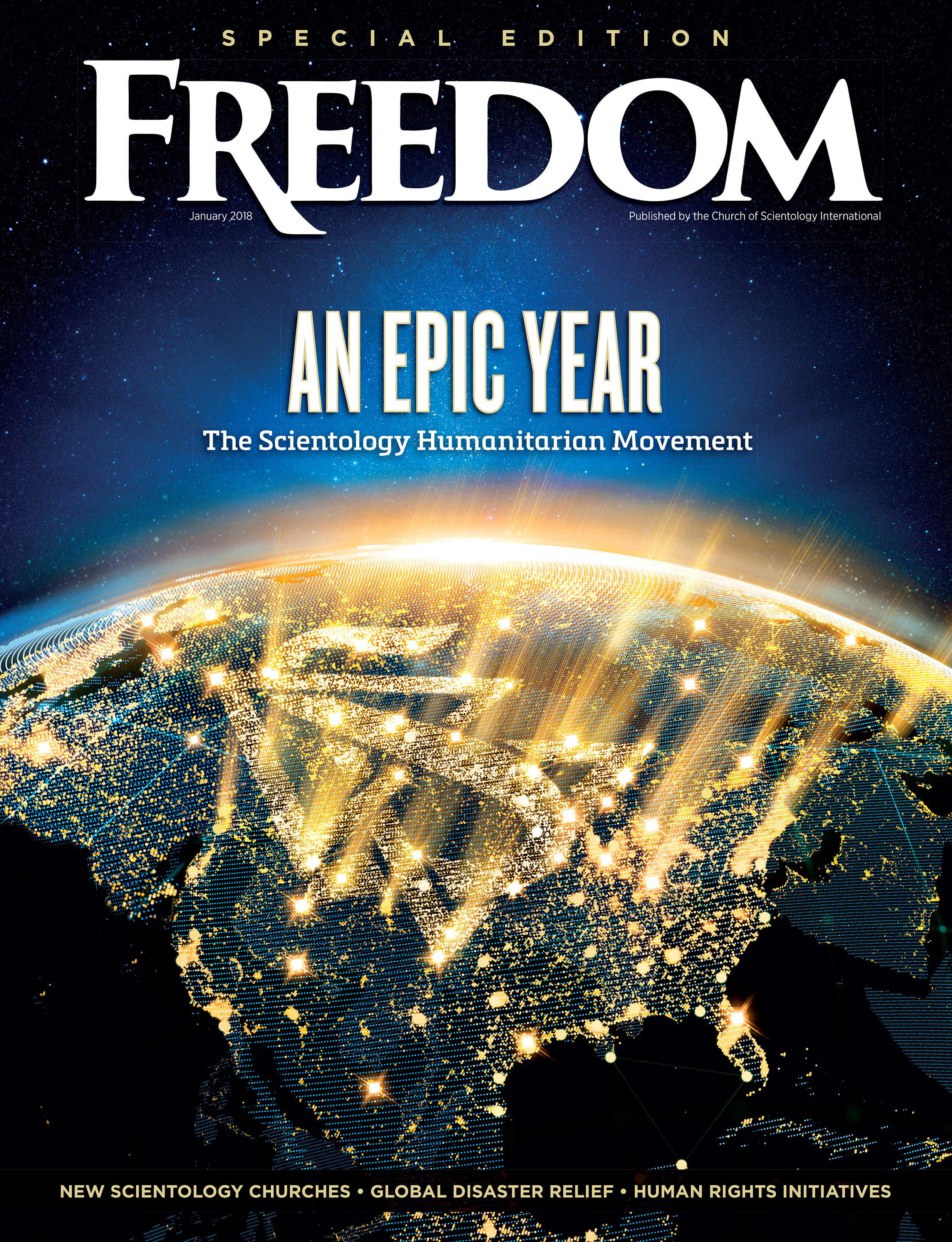The industry is human trafficking, and its “employees” are slaves, most of them women and young girls. Sex trafficking is the most common form of slavery in the US, with child sex trafficking occurring in all 50 states.
Responding to the epidemic of human trafficking in Florida, a three-month operation by the Hillsborough County Sheriff’s Office Human Trafficking Squad culminated last week in 148 arrests of individuals who visited hotels with the intent of “purchasing sex from another human being.” The operation has also recovered seven sex trafficking victims.
The large-scale, 102-day Operation Summer Shield was announced at an August 20 press conference where Sheriff Chad Chronister and Florida State Attorney Suzy Lopez outlined the sting—timed to coincide with the summer when school is out, because children spend more time on the internet during those months, making them easier, more accessible prey for predators. Accordingly, between April and August, a special squad of full-time detectives, supervisors and analysts worked to isolate sex criminals who didn’t care whether the victim they abused was a child or not.
These were definitely not first-timers, but rather seasoned, entitled predators with no sense of remorse or shame.
The squad’s complex and multifaceted approach involved undercover agents, the scouring of the dark web, streetwalker operations and the staking out of hotels, motels, entertainment establishments and massage parlors—“anywhere we think that human trafficking will occur.”
Often posing as “clients” or as unsuspecting women willing to be “groomed,” the members of Operation Summer Shield located meeting places and identified customers and enablers, patiently gathering evidence. Many of the perpetrators were “ordinary people”—neighbors or individuals you would see on the street: a paramedic, an Uber driver and an Amazon employee, to name a few.
More often than not, their victims were, as State Attorney Lopez said, “people like you and me who fall into a tough situation and don’t feel like they can find their way out.”
Unsurprisingly, local hotels turned out to be a common meeting place for trafficking and sex, prompting squad agents to purchase a hotel room from which to conduct their sting. But on the operation’s first day, “The demand to purchase sex was so great that the squad had to purchase another room to keep up,” Sheriff Chronister said. He described how that demand continued to break records throughout their operation.
Sheriff Chronister gave an example of an arrest involving a person who stalked and sex trafficked a minor in her own home. The trafficker posted explicit photos of the young girl online and arranged dates with “johns,” all while the girl continued living in the house with her unsuspecting mother.
The sheriff remarked on how “relaxed” these offenders were—how casual. These were definitely not first-timers, but rather seasoned, entitled predators with no sense of remorse or shame, he explained.
Lopez said, “I want these criminals—these human traffickers—to know that human trafficking in the State of Florida carries a mandatory minimum sentence of life.”
The problem, however, as Sheriff Chronister pointed out, is the difficulty in prosecuting predators. “It’s tough,” he said, noting that the biggest obstacle faced by law enforcement is the victims’ fear; traffickers will often threaten to harm the victim or their family should the victim go to the authorities.
Since it was formed in 2021, Hillsborough’s Human Trafficking Squad has arrested 793 people and recovered 42 victims, according to the county sheriff’s office. The squad’s most recent trafficking bust puts a spotlight on just how advanced is the cancer of the buying and selling of human beings. Several days after the sheriff’s briefing and over a thousand miles away, the issue earned a nationwide platform with Courtney Baldwin, a sex trafficking survivor, speaking at the Democratic National Convention. Ms. Baldwin described the nightmare that began with being trafficked through Backpage.com, the largest and most wildly profitable online trafficking site in the world until the FBI shut it down six years ago.
According to UNICEF, human trafficking is the second most profitable illegal industry in America, and Backpage had been its premier conduit—praised and promoted by one Tony Ortega, disgraced blogger and professional bigot. But all of Ortega’s genuflections could not hide the grimy truth: Backpage made millions catering to the bestial urges of the sewage of society.
We can only hope that Backpage’s demise, as well as the good work of agencies like the Hillsborough County Sheriff’s Office, will mark the beginning of the end of human trafficking in America.
But as long as there is a demand for it, like an endless Whac-A-Mole, the scourge of human trafficking will continue to rear its sickening head—if not in this county, then in the next. If not in this state, then across the border. There will, it seems, always be those all too happy to make a killing by luring and then trapping the unwary, the needy and the innocent.
But by continuing to expose this profound human rights abuse, by continuing to educate people about it—as the Church of Scientology and its partners have been doing for decades—while demanding that its enablers, promoters and purveyors are put away for good, this industry of the shadows will be forced out from behind its rock and into the sunlight.
There, let’s all ensure it dies a long overdue, unlamented death.






















